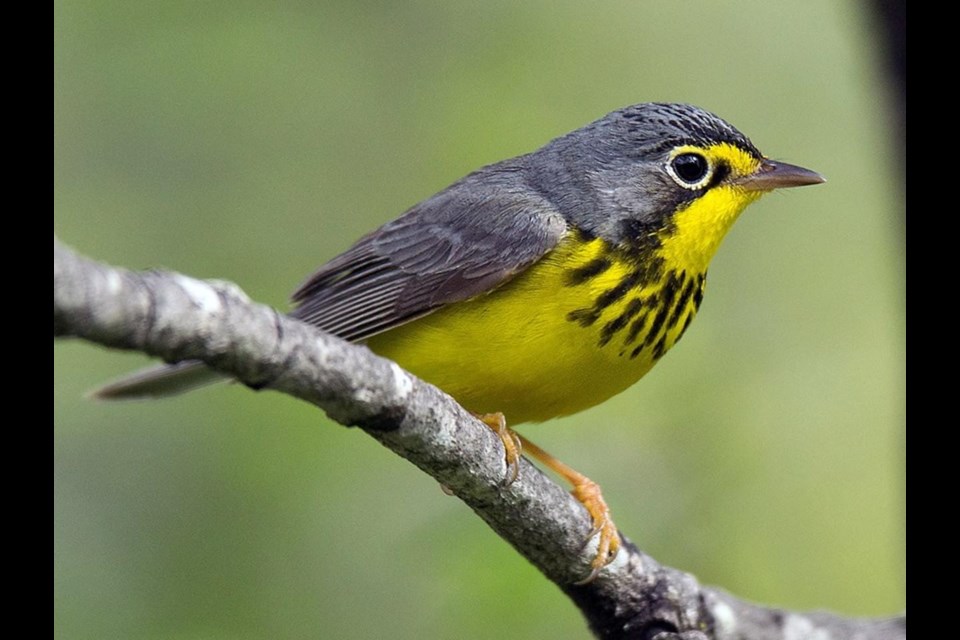THUNDER BAY — The declaration of a state of emergency in Ontario has created unintended but beneficial consequences for wildlife.
Dr. Brian McLaren, associate professor in Natural Resources Management at Lakehead University, says the shutdown that's keeping people and cars at home is giving animals some much-needed quiet time.
The month of May, in particular, is a vulnerable time for birds, fish and other animals, McLaren said.
"Birds are returning to their breeding territories, turtles and other wildlife are making their nests to lay eggs or raise their young in, and the final snowmelt is sending surges into our streams that launch the new season for the aquatic ecosystem," he said.
McLaren said the timing of the state of emergency is good for a number of reasons.
"Having fewer cars out means fewer roadkill mortalities for the new parents and the dispersing juveniles. Having fewer people out, and their dogs and cats closer to home, mean less disturbance to our forests, grasslands and waterways, and less stress to the breeding populations."
As an example of the impact of COVID-19, he said fewer anglers are going out this spring.
"Even the aquatic system is going to benefit, because we're trampling less. Just think about the amount of trampling that we and pets do, that eventually causes erosion. It affects things that are close to shore like muskrats, fish to shore that are breeding, turtles that are breeding....We probably do the most damage right there on the interface between land and water," McLaren said.
He said his peers around Ontario are noticing higher bird counts in parks, especially urban parks.
"In northern Ontario, we host many of the migrating warblers that will find new sanctuaries in our urban areas and provincial parks. These include some threatened species like the Canada warbler, which bears our country's name around the world."
McLaren said the nesting success of birds that migrate to Ontario from central and South America should be "much higher" this year, especially in more populated areas of the province.
But he expects animals in locations such as Sleeping Giant Provincial Park will also benefit.
"That park gets enough visitors in a typical season that we think this year is going to be a little easier on the populations there," he said. "Animals born last year are eager to disperse to find their own territories. To do this in, shall I say privacy, is a nice change due to the restrictions on us."
McLaren believes the impact of the reduced human intrusion on the natural habitat this year could also have longer lasting implications.
Some anglers, he said, tend to "fish with a vengeance and love their trophies. These bigger fish are contributors to the future generations some 10 to 10,000 times what the smaller fish contribute. So, if we practise catch and release of the big ones, we're doing well. I hope we all will make this change if we go out this year to do some fishing."
McLaren suspects that most people "are noticing birdsongs are louder," adding, "We are going to come out of this more environmentally-minded because we've taken time to see spring."
